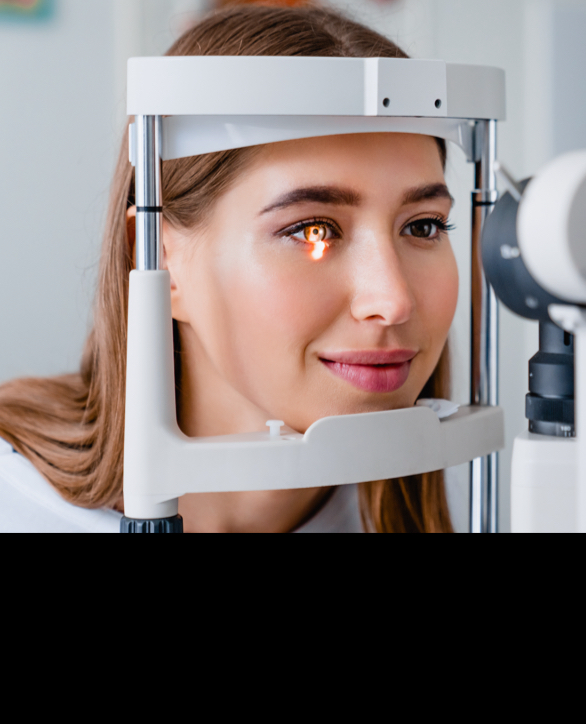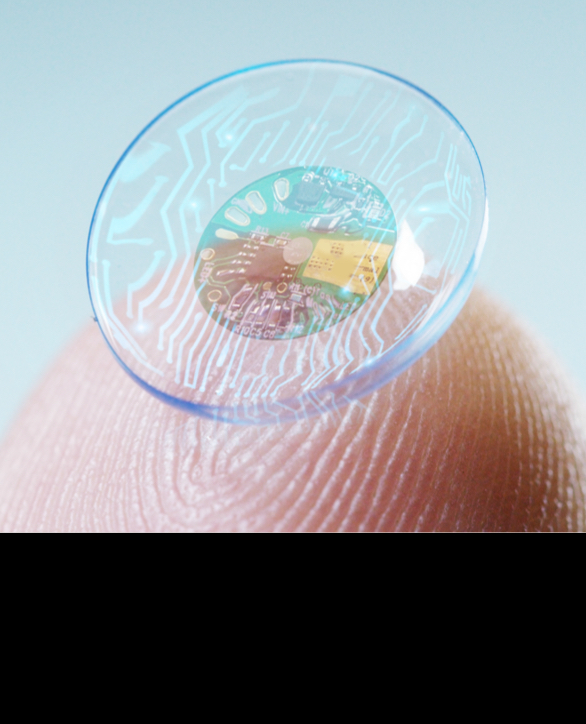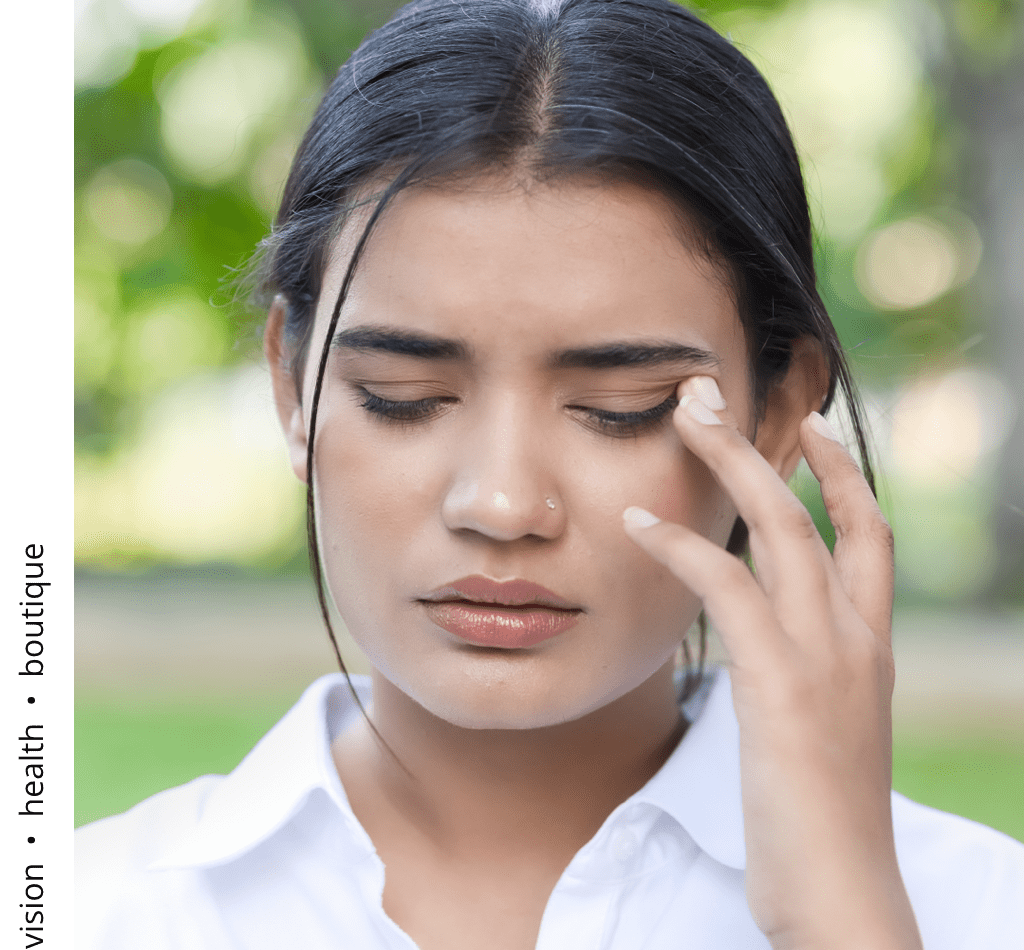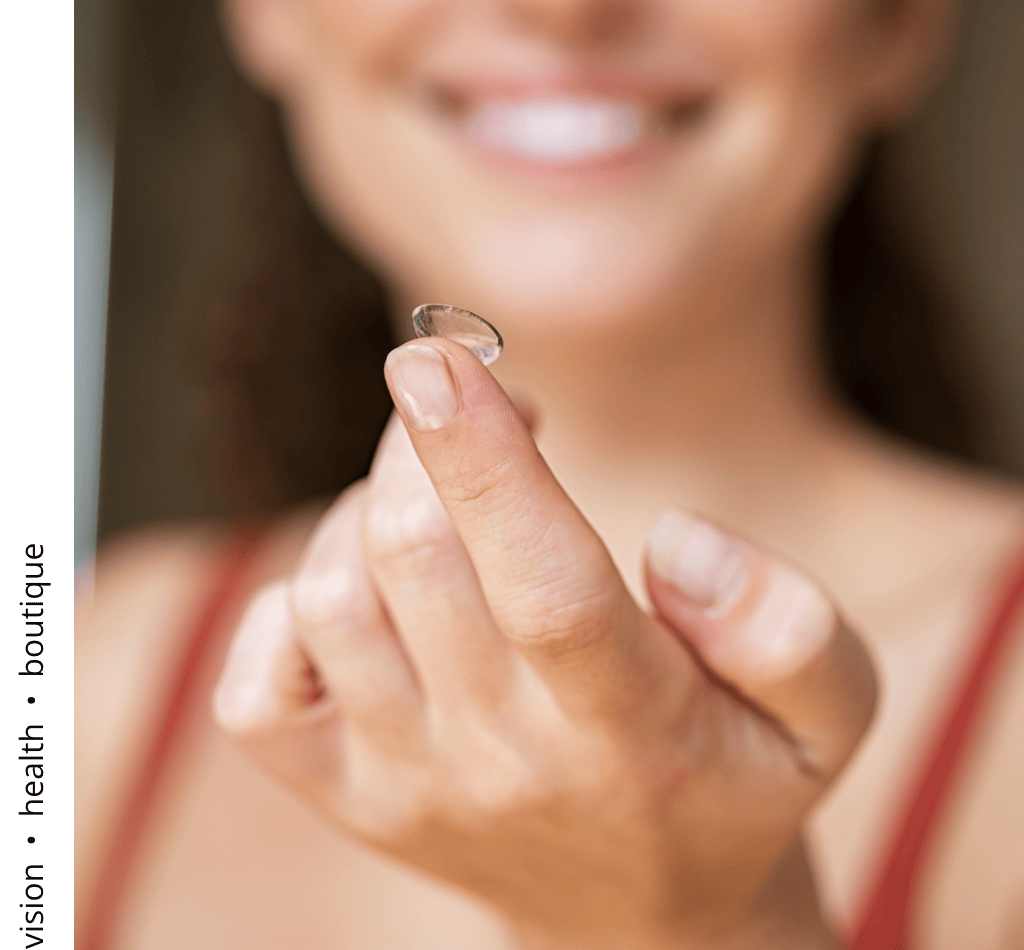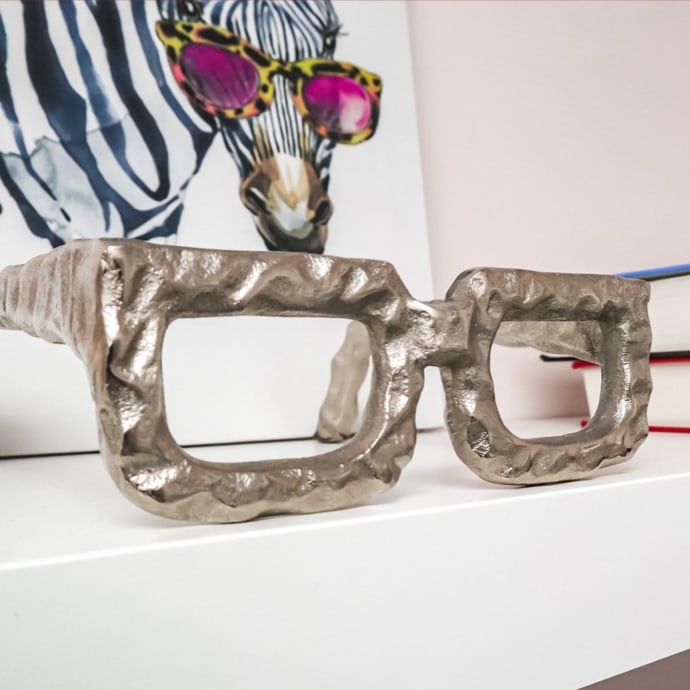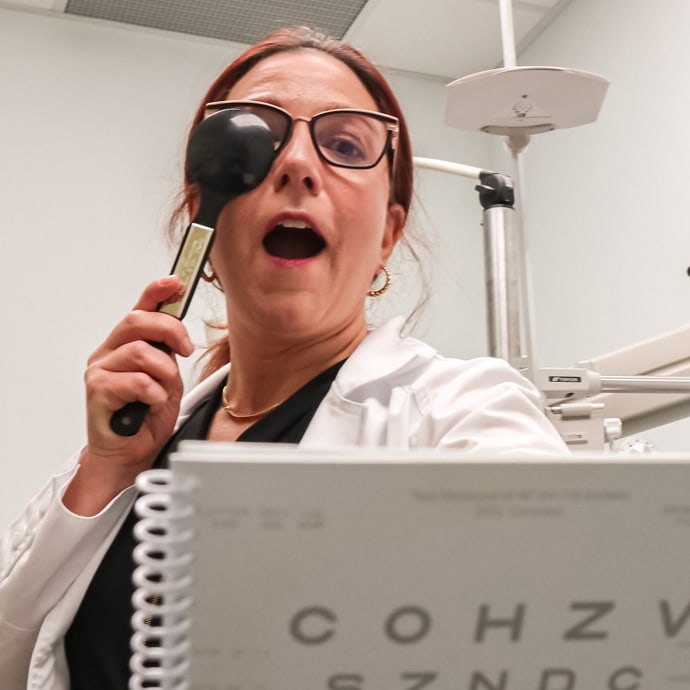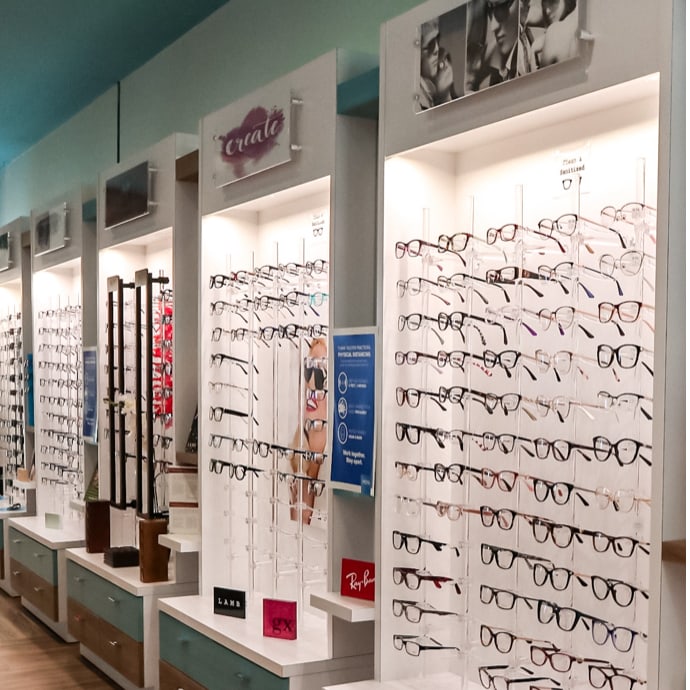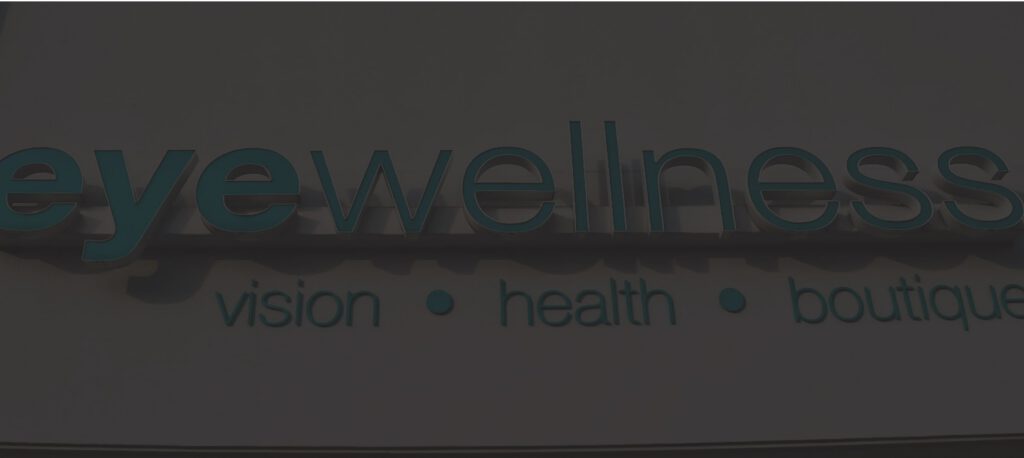Hydration is as essential for your body as for your eye health and thus requires a holistic approach. The eyes need moisture to allow light to enter and protect your vision. Eye disease diagnosis by an eye doctor can bring relief.
When there’s a lack of moisture from inadequate tear production, the quality of tears, or tears evaporating too quickly, you can experience Dry Eye Disease (DED), also known as Dry Eye Syndrome (DES). Surprisingly, these are not the only causes of dry eyes. Let’s take a look at another: Stomach problems.
Causes of Dry Eyes
Without tears, we wouldn’t be able to cry, wash away dirt or debris in the eye, or help prevent bacteria and infections. What are tears? Tears consist of 3 layers:
- Oily outer layer
- Middle watery layer
- Inner mucous layer
Different glands produce the elements of tears. When these glands can’t make enough of these elements or are inflamed, the result can be dry eyes. For example, if tears lack oil, they can evaporate quicker and affect the steady supply of moisture to the eyes.
Other factors that can result in dry eyes include:
- Aging: Tear production declines with age.
- Exposure to environmental elements: Tears evaporate quicker in windy conditions and dry air or low humidity.
- Allergies: Antihistamines reduce allergy symptoms but can also increase dry eye symptoms.
- Birth control pills or hormone replacement therapy: Imbalance in hormones can cause less tear production.
- Contact lens wear: Long-term contact wear can result in less moisture in the eye.
- Computer use: Long hours spent in front of a computer screen leads to infrequent blinking.
- Certain medical conditions: Sjögren’s syndrome, rheumatoid arthritis, vitamin A deficiency, lupus, and Irritable bowel syndrome (IBS).
How Stomach Problems Link to Dry Eyes
When speaking about gut health, it pertains to more than just the digestive tract. Inflammation of the digestive system can cause problems in the gut and other body parts such as the eyes.
An imbalance or overgrowth of bacteria in the gut microbiome can cause inflammation, disrupt digestion, and affect immune function. Evidence shows a link between the gut and the eye, called the gut-eye axis.
A study with IBS patients and healthy controls showed a possible correlation between Irritable bowel syndrome and dry eye disease. IBS patients in the study showed a higher prevalence of DED than healthy control patients.
IBS is a broad term that includes two medical conditions:
- Ulcerative colitis: affects the large intestine
- Crohn’s disease: affects the small intestine.
The pathophysiology of IBD is still not completely understood, but these conditions share an inflammatory pathogenesis. It could mean that any disruption in the gut microbiome and activation of immune cells can trigger inflammation in the eye. Which directly impacts the retina, the eye microbiome, and eye lubrication leading to dry eyes.
People with IBS can have malabsorption of nutrients, for example, vitamin A. Vitamin A deficiency can show up as a secondary condition to IBS, which also causes dry eyes.
Symptoms of Dry Eyes
Symptoms of dry eyes could present before diagnosing any stomach or gastrointestinal conditions. The following symptoms of dry eyes could be related to inadequate tear production, poor quality of tears produced, or a link to stomach problems:
- Burning or stinging in the eyes
- Irritation or scratchy feeling in the eyes
- Blurred vision or vision fluctuation
- Increased mucus in and around the eyes
- Trouble wearing contact lenses
- Light sensitivity
- Redness or tired eyes
Treatment for Dry Eyes
Several treatment options can resolve most symptoms of dry eyes. Artificial tears treat mild cases of dry eyes for temporary relief. Ointments are thicker than drops and designed to coat the eyeball and provide long-term relief from dryness.
Eye drops containing medication help reduce inflammation caused by dryness and increase tear production. If a patient has moderate to severe dry eye disease, treatment involves a deeper look at the cause. If underlying IBS or inflammatory conditions are present, treat those as well.
When to Contact Your Eye Doctor
If symptoms persist or you think you have an underlying condition causing your dry eyes, it’s time to see your eye doctor for dry eye therapy. Stomach problems can cause dry eyes, and therefore Eye Wellness recommends more frequent eye checkups.



